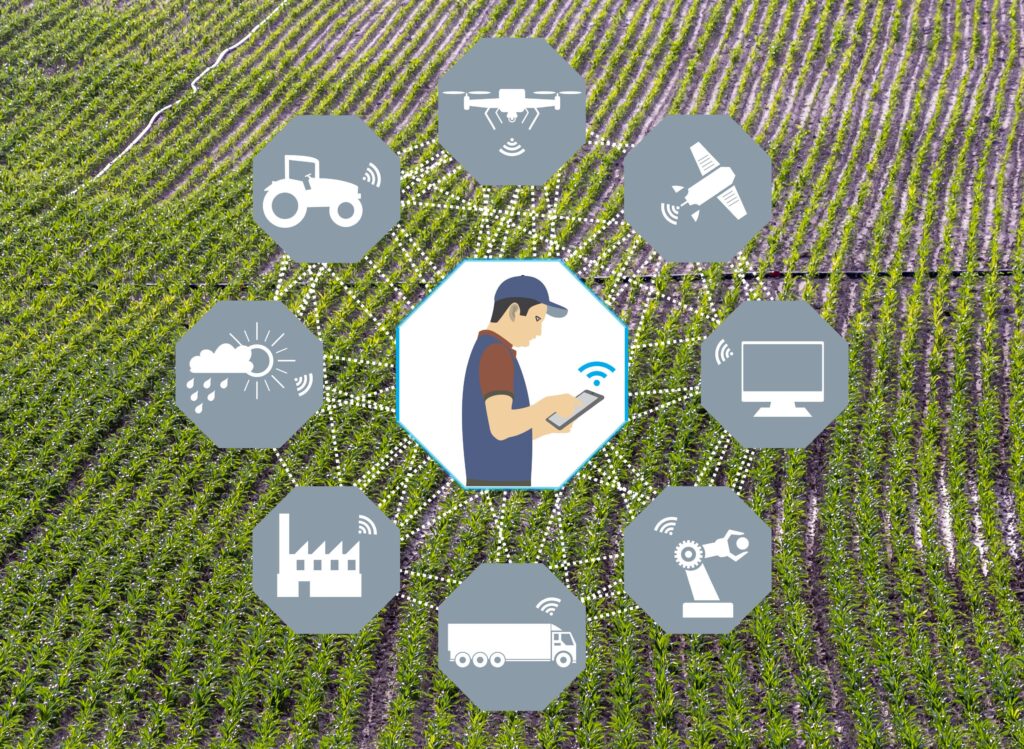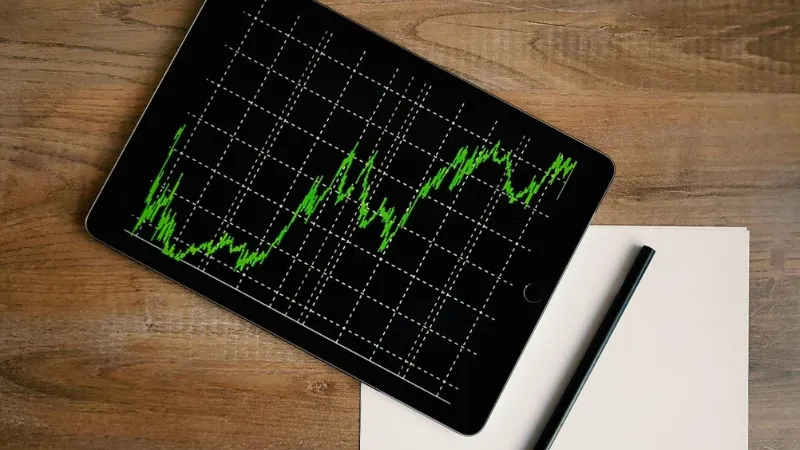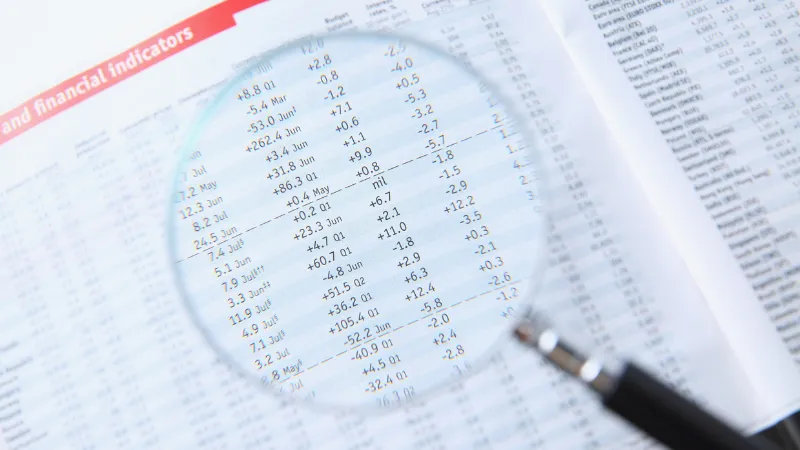Transforming agriculture with agritech innovation through start-ups
Jul 2, 2025 | By Team SR

Agriculture has undergone a radical transformation in recent decades. One of the most critical aspects of this transformation has been the adoption of innovative technology to enhance farming methods and boost yields. The huge rise in start-ups worldwide has partly driven this change.
These forward-looking companies recognise the need for change, offering solutions ranging from IoT-based products to scalable software for agriculture analytics. However, not everything is ideal, as many start-ups often struggle with their own issues.
Start-ups’ role in agriculture
Start-ups play a key role in the development of agriculture. The available offer of specific solutions does not always meet the demand, and many companies, especially large ones, are reluctant to develop their own solutions if they are unsure about the return on investment and additional profits. Start-ups take advantage of underdeveloped areas to carve out their market share, offering innovation by incorporating cutting-edge technology such as artificial intelligence, machine learning, satellite data, etc.
But if one thing characterises start-ups, it is the promotion of different values. Sustainability is a fundamental aspect of modern agriculture, and start-ups offer products and services that prioritise sustainability. Recognising the need to improve agricultural management, start-ups also focus on making agricultural processes more efficient. This can be achieved in various ways, such as automating tasks or using resources more effectively and without squandering.
In addition, each start-up offers innovation based on its area of expertise. For example, agricultural biotechnology start-ups develop new crop varieties resistant to pests and diseases, while those dedicated to agricultural software create functions that improve data analysis.
Areas where start-ups are leading the way in the agricultural industry
There are several key areas in which start-ups are making a difference. Some common ones where to find their pioneering solutions are the following:
- Robotisation and automation. Labour shortages can present challenges, particularly during harvest time. Robots can compensate for the lack of people as they can pick fruit and clear fields with minimal human intervention.
- Online marketplaces. Farmers may face two problems. On the one hand, they may struggle to acquire the necessary tools, inputs and other products to do their work. On the other hand, it can be difficult to find consumers who will buy their products, eliminating intermediaries and obtaining fair remuneration for their work. Apps and buying and selling platforms help farmers, especially those who are not tech-savvy, to keep their businesses running smoothly.
- Data-driven solutions. Intelligent software that provides accurate and objective data is necessary to move away from traditional agriculture, where hunches are considered during the decision-making process. Precision agriculture software provides info from reliable sources such as satellites and drones. It also has numerous analysis functions that allow farmers to assess the actual state of their fields, plan activities more effectively, anticipate potential problems, and ultimately improve crop yields.
Many people believe that start-ups will never evolve into major players in the sector. The following example illustrates how, with a lot of hard work, this statement must be disregarded.
EOSDA Crop Monitoring
EOSDA Crop Monitoring is a precision farming software developed by EOS Data Analytics. This digital solution combines key data on crop status and soil conditions in one place. It combines satellite imagery with information about crop rotation, agricultural activities, crop health, soil moisture, and precise weather data, among other things.
One of its key features is the addition of vegetation indices to evaluate the actual condition of the crops, including those parameters not visible to the human eye. This enables agronomists to promptly identify problems such as water or heat stress, and pests and diseases, speeding up the decision-making process and reducing potential losses. The use of vegetation indices is also imperative to create quality VRA maps. With them, farmers can apply seeds, fertilisers and plant protection products precisely, based on satellite data.
Some advanced features like yield prediction, boundaries detection, or crop classification provide more powerful insights into crop performance, local or regional trends, or future market prices. Other features, such as team accounts, machinery data integration, or an app for scouts, complement the offering.
This smart farming software has been successfully used in numerous case studies. With its vast and varied agricultural landscape, Texas represents a problem for traditional crop tracking methods, as they generate inaccurate data at great cost. Satellite imagery from EOSDA Crop Monitoring was used to train an advanced ML model to automatically identify crop types and detect field boundaries in the whole state. And in Ukraine, the Kakhovka Dam’s destruction by the Russians in 2023 caused water stress in the region of Kherson. Through vegetation indices (NDVI and NDMI), precipitation, and temperature data in EOSDA Crop Monitoring, it was possible to assess the water supply in an area where the war is still ongoing.
Overview of the agritech start-ups market
The agritech start-up scene is currently experiencing some challenges. 2024 and the first half of 2025 have brought a decline in capital and deal volume, especially in the US. Within the market, categories like plant biotech, drones & imagery analytics, and robotics and smart field equipment outperformed the rest of the subsectors, while indoor farming remains at the tail end in terms of value and deal volume.
Despite the slowdown of the latest months, the market is expected to rebound in the second half of 2025 and is projected to grow at a compound annual growth rate exceeding 10% for the next 5 years. Some big names, such as Google, Coca-Cola, and Yamaha, have announced partnerships with different start-ups following notorious funding rounds, pointing out that the sector is set to consolidate while the needs for technological advances in agriculture keep increasing.


 Follow us
Follow us Follow us
Follow us














